

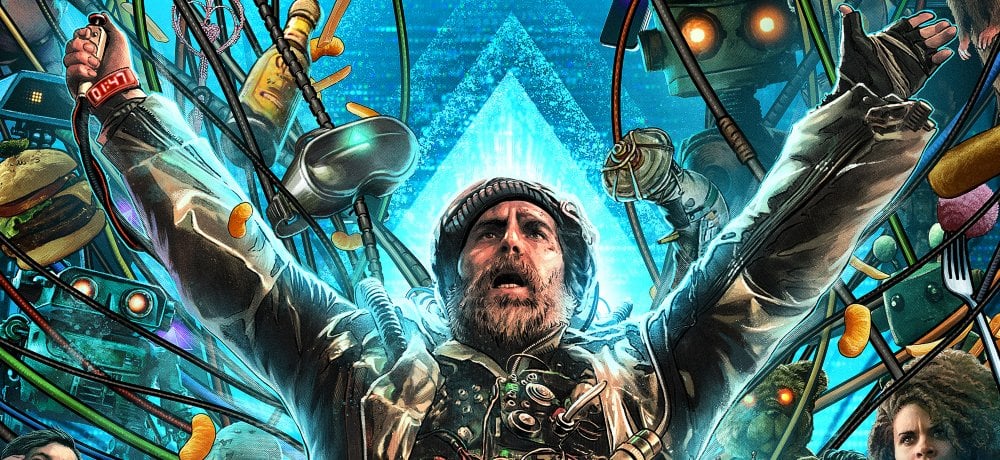
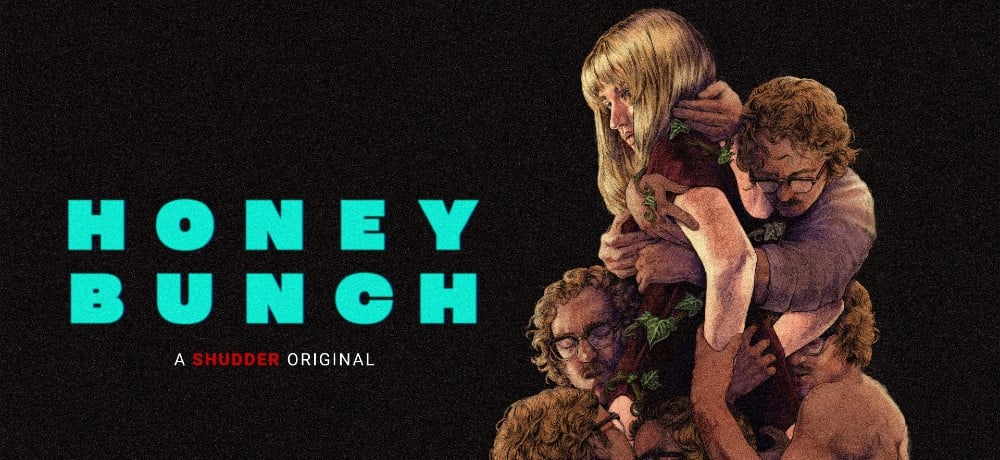
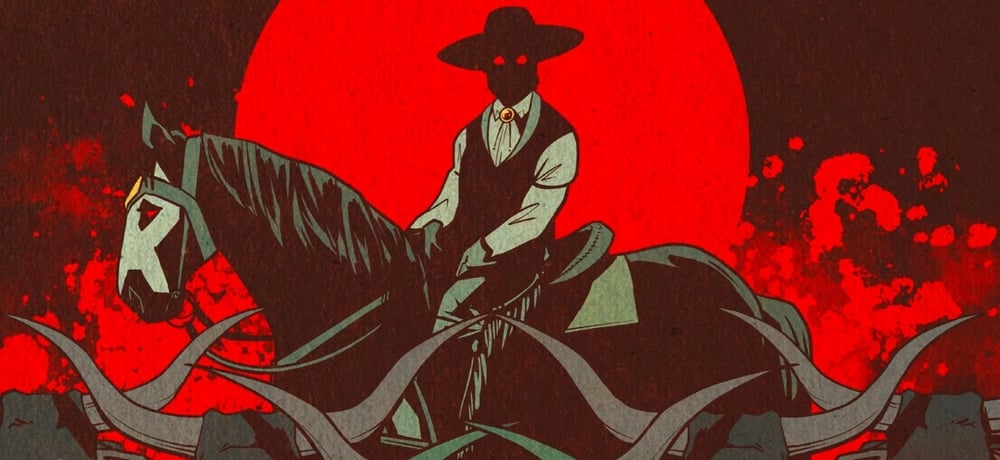
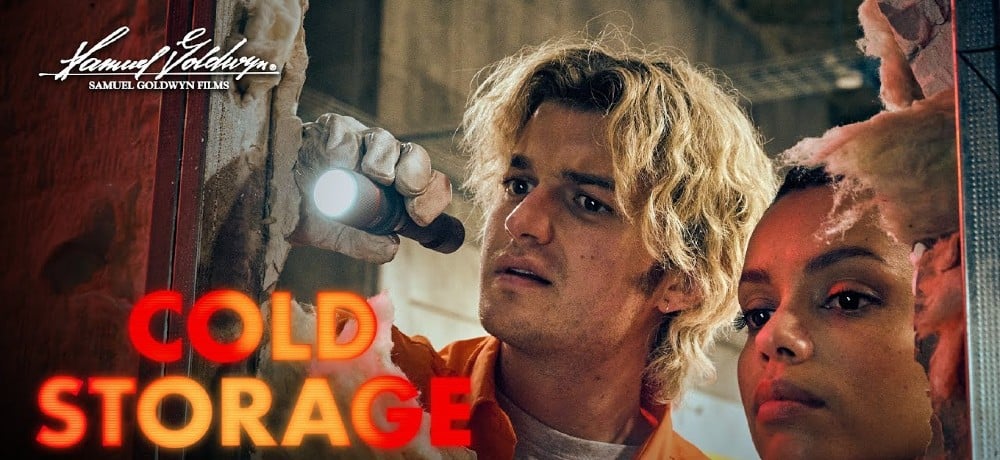
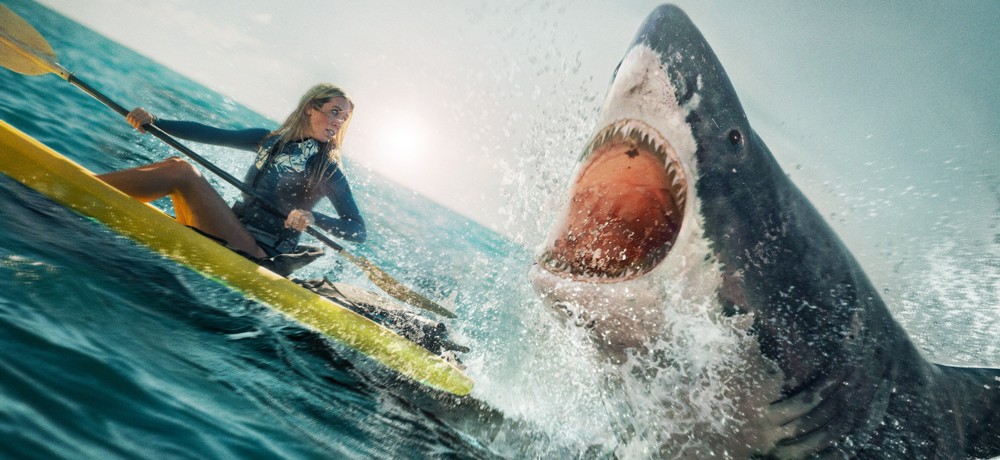
Today, writer/director Andrew Traucki’s The Reef: Stalked arrives in theaters and on Shudder. Starring Teressa Liane, Ann Truong, Saskia Archer, and Kate Lister, the sequel follows a group of women who come together for an idyllic kayaking trip after losing someone close to them to domestic violence. But when they encounter a bloodthirsty shark determined to make them its next victims, they must band together so they can survive the horrors awaiting them in the water.
Recently, Daily Dead had the opportunity to speak with Traucki about The Reef: Stalked (nearly 11 years to the day that this writer last spoke to the filmmaker about The Reef), and during our conversation, he discussed how the stars aligned to make the sequel more than a decade later, why it was important for him to focus part of this story on the issue of domestic violence, the challenges he faces while making his naturalistic thrillers, and more.
Great to speak with you today, Andrew. I'd love to start off by talking a little bit about deciding it was the right time to do a sequel. Was there some sort of impetus? I'm just curious as to what the genesis behind this project was.
Andrew Traucki: Yeah, no, that's a good question, Heather. Look, after doing The Reef, which did find its niche and did well for itself, people did bring me shark films, but they all just felt pretty B grade and not my style. And so it was always in the back of my mind, but really I needed a catalyst to get me wanting to do another one. I went and saw a play called Lethal Indifference, which was all about domestic violence, and I was aware of this situation because it's a terrible situation here. And I also surf, so I knew that surfers call sharks the man in the gray suit, so I put those two ideas together and I started thinking it'd be interesting to do a film which is a shark thriller, but it's got more to it than that. It's got this other story driving it and I could make the shark the man in the gray suit so that it becomes more allegorical.
And so that's what got me intrigued in wanting to write this story, because I didn't just want to write a shark story. I wanted to write something that had some emotional depth to it. So yeah, that was mainly the catalyst where I went, "Wow, this could be a great way to get that message across to wider people and at the same time hopefully make a really interesting film." So, it was just that those two ideas that came together and I went, "I'm interested now." That's what set me off writing.
I'm glad you mentioned that because I did notice the difference where the first one is very much a story about survival for people in the water and this one was sharks as this allegory for the trauma and the things that it does to our lives. I'm curious, was this decision partially based on you not wanting to go out there and repeat yourself so that you could change things up a little bit from what fans would expect from a sequel to The Reef?
Andrew Traucki: Totally. I don't know about you, but I just think you should be always pushing yourself a bit and trying to do different things, not just sitting on the same idea. So, this was different enough for me to go, "I can do this." But yeah, I just didn't want to just be repeating the same note constantly.
This is very much a story set around the lives of women, whereas the original Reef is a mix of three men and two women and eventually two men and two women. Because of things that are going on these days worldwide, was it something else that sort of popped out to you that, "Oh, we can take this opportunity to sort of put the focus on the things that women are constantly dealing with, but also do it through a thrilling shark story"?
Andrew Traucki: Yeah, for sure. Look, because it was driven by the domestic violence issue and that's mainly women. There are definitely some men that suffer, but it's mainly women. It really felt to me it had to be a female story. I know we're in a day and age where I should probably be a female to tell this story, but I felt like I did enough research and was close enough to the subject matter, in the sense of trauma anyway, that I could do that. And I just really gravitate to female characters. I don't know what it is, but I just feel that in terms of relationships and things like that, they just have a little bit more depth to them and that allows that to be more interesting. But mainly it was driven by the fact that it's a domestic violence theme or allegory, so I had to have it about women.
In terms of your experiences back when you made the original The Reef versus this one, what was different? Obviously, the technology has changed, so I was wondering if that changed your filmmaking style at all? Did it change how you wanted to approach the way that you wanted to tell this story? I'm curious if you got out there and you were like, "Wow, we can do things on a completely different level that we couldn't do 12 years ago."
Andrew Traucki: Yeah, well I've got to say GoPros were an amazing advancement on this one. I know they're not that new, but they weren't around more than 10 years ago. And now, these little cameras can spit out 4K and are waterproof and you can just chuck them around anywhere. So, I ended up shooting some stuff on a GoPro, which would never have happened last time. And drones are obviously a big thing now, so instead of having to hire an expensive helicopter, we could just chuck a drone up whenever we wanted.
Obviously, all the other big cameras have gone through massive reinvention constantly, too, and the cameras that we shot on originally 10 years ago wouldn't even exist anymore. So yeah, definitely from a camera point of view, the technology's advanced a lot. Probably lighting as well, not that we used a lot, but everyone's using LEDs now. But from a technical point of view, there were definitely some advances that we could use.
When it comes to how you've approached many of your films, I'm sure it's one thing to go and make a traditional movie and you're on sets and things like that, but you're usually out in the elements and things like that. I'm curious how that feels for you as a creative person? Is it just sort of unleashing this force within you? It looks like so much fun but also extremely challenging.
Andrew Traucki: Oh, it is challenging. It's like walking through molasses sometimes because the water's pretty heavy. You've got to walk through waist-deep water most of the time. I've been telling people I'd be getting up and at 6:00 I'm putting on a full-length wetsuit and I'm not taking it off till 6:00 that evening. I'm in the water all day. It's kind of fun for a little while and then you just go, "Oh my God." And any little scratches or cuts or nicks, because you're in the water all the time, start to grow into ulcers, so it's not pretty. But look, I'm prepared to do it because I think it brings another level to the film. I'm pretty sure if I was in a tank, I wouldn't have got that same gritty realism that I strive for. And also, the location suited itself to that. It is exhausting, but I do think it brings another level to the film.